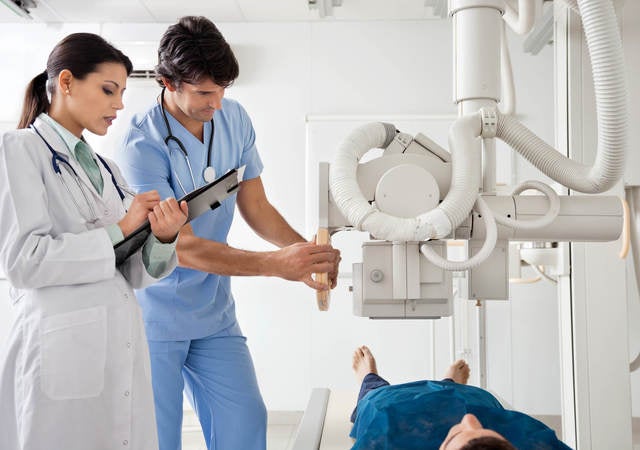With age, the body will inevitably undergo a series of changes, not only in appearance but also in the gradual decline of internal organ functions, including bone issues, diminished liver and kidney function, and gastrointestinal issues. One common phenomenon among elderly individuals is leg swelling, which may be indicative of various underlying health factors.
Firstly, the metabolic rate decreases in the elderly, leading to a slower water circulation in the body, making them prone to edema, particularly noticeable in the legs. Increasing daily physical activity can promote water elimination and help alleviate this condition.
Secondly, leg swelling accompanied by pain may be a symptom of gout, a metabolic issue associated with high uric acid levels. Uric acid accumulation affects metabolism and can lead to increased kidney burden, hindering uric acid excretion, with the legs and feet being common sites for uric acid crystal deposition. Adjusting the diet, limiting intake of high-purine foods, and increasing water intake and dietary fiber can aid in improving this condition.
Moreover, leg swelling may also be a signal of cardiovascular diseases, such as heart attacks or strokes. When blood vessels are blocked, blood circulation is obstructed, resulting in swelling, coldness, cramping, and other symptoms in the legs and feet due to inadequate blood supply to the distal areas. Maintaining vascular health requires reducing intake of high-fat and processed foods, consuming foods rich in potassium, vitamins, and dietary fiber, which can promote blood circulation.
Furthermore, liver and kidney function impairment can also cause leg edema, especially in elderly individuals who have a history of smoking and alcohol consumption facing a higher risk of liver cirrhosis or kidney failure. These conditions disrupt normal metabolism and are accompanied by symptoms such as fatigue, stiffness in limbs, and abnormal urination. Upon noticing such comprehensive symptoms, prompt medical examination is necessary.
Maintaining health in old age is crucial, with regular routines, balanced diet, and moderate exercise enhancing physical fitness and ensuring quality of life in old age. Confronting the health challenges of old age, regular check-ups are key to preventing and detecting diseases early; any sustained unusual symptoms should receive adequate attention and timely management to safeguard overall health.


